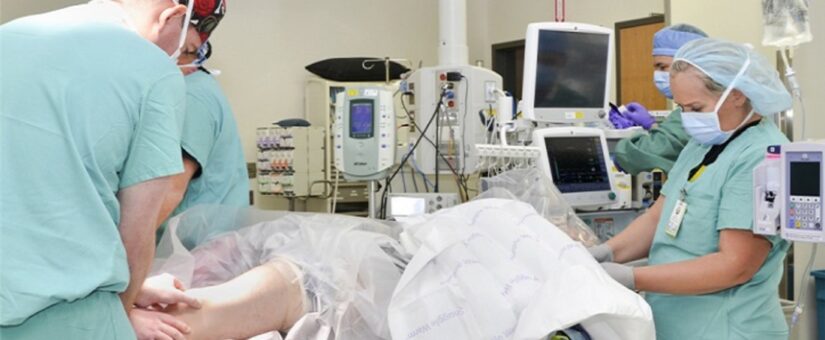
COVID-19 Quick-Response FDA Compliance for Medical Device Manufacturers
- On 03/31/2020
Here's what manufacturers redirecting their efforts towards COVID-19 countermeasures need to know.
The Food and Drug Administration (FDA) has taken measures to provide medical device manufacturers developing countermeasures against COVID-19 with a fast-track option for obtaining FDA authorization and liability immunity.
(This article is intended only for educational purposes, not to provide legal or business advice.)
The Basics
First, it's important to know the FDA classification of your medical device product. There are three medical device classes: Class I, II, and III. In short, these classes ascend with the level of risk to the patient and the required level of compliance increases accordingly. Class I tends to include things like tongue depressors and orthopedic braces, whereas class III includes things like heart implants and automated defibrillators. It is interesting to note that N95 masks are class II.
Medical device manufacturers must register their facility and list their products with the FDA. In general, a medical device will probably fall under the same class as similar or comparable pre-existing products in the market. It is best practice to document the classification rationale used. Innovative new products for which no comparable products exist must go through a de novo request process, which we will not address here.
Emergency Measures
The FDA implemented the use of Emergency Use Authorizations (EUAs) on March 24, 2020 to facilitate the registration and emergency approval of three categories of medical devices aimed at dealing with COVID-19. EUAs also address the emergency use of alternative or modified medical devices aimed at COVID-19.
The three categories of medical devices covered by EUAs are:
- Ventilators
- Personal protective equipment (PPE)
- In vitro diagnostics
A EUA request must be submitted for these types of products. If approved, the FDA will respond with a Letter of Authorization.
For class I medical devices, the EUA process represents a mild streamlining of the normal class I registration process, which has typically been expedient under non-emergency circumstances. For class II devices, EUAs will likely offer a more expeditious path to obtaining FDA market clearance.
Liability Protection
In addition to EUAs, the Department of Health and Human Services (HSS) issued a declaration effective February 4, 2020 under the Public Readiness and Emergency Preparedness (PREP) Act to provide liability immunity for activities related to medical countermeasures against COVID-19. The PREP Act was originally passed in 2005 to provide liability protection to pharmaceutical manufacturers of vaccines during times of public health crisis. However, with the February 4, 2020 declaration, liability immunity has been expanded to include medical device manufacturers engaged in developing covered countermeasures against COVID-19.
Altemir Consulting
Altemir Consulting focuses on a variety of manufacturing businesses including specialization in medical device regulatory compliance. Contact us to learn more.
